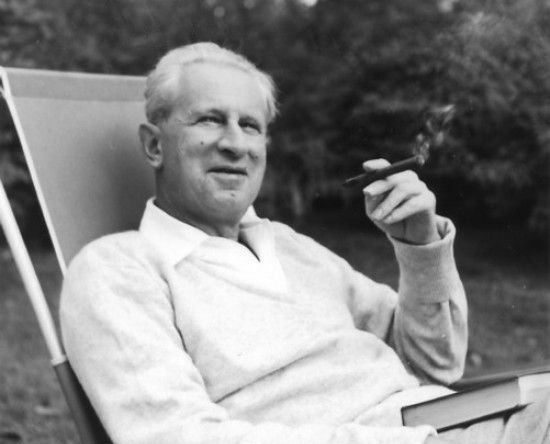Herbert Marcuse citáty a výroky
Herbert Marcuse: Citáty v angličtine
“The Superego, in censoring the unconscious and in implanting conscience, also censors the censor.”
Zdroj: One-Dimensional Man (1964), p. 76
Negations: Essays in Critical Theory (1968)
“The tangible source of exploitation disappears behind the façade of objective rationality.”
Zdroj: One-Dimensional Man (1964), p. 32
An Essay on Liberation Beacon Press, 1969, p. 109 http://www.marcuse.org/herbert/pubs/60spubs/65repressivetolerance.htm
An Essay on Liberation (1969)
